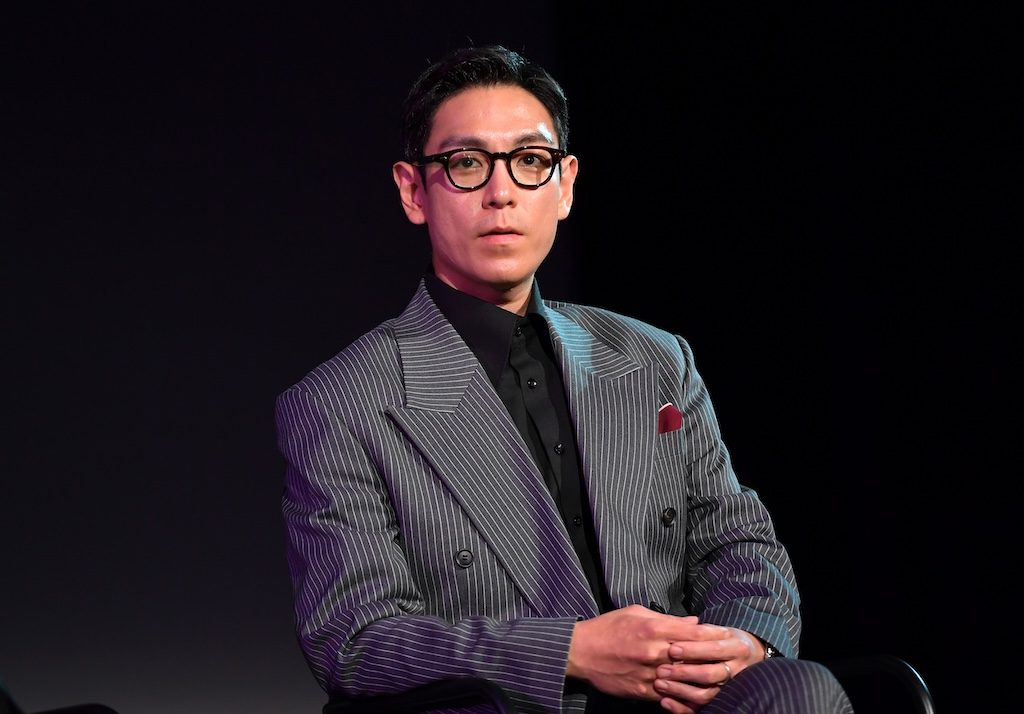Beyond the Game: Inside the Social Commentary of “Squid Game” Season 2

It’s official. Squid Game is the most popular show on Netflix.
As the excitement lingers from Season 2 of Squid Game, a panel discussion featuring key creatives from the series promises to offer writers a deep insight into its creative process and disturbing thematic evolution. Led by the Emmy-winning creator, writer, and director Hwang Dong-hyuk, the panel included prominent cast members such as Lee Jung-jae, who reprises his role as Gi-hun, and Lee Byung-hun, known for his portrayal as In-ho, also referred to as the Front Man.
Together, they will explore the narrative storylines that define the season and the societal themes that continue to resonate in this groundbreaking series.
What Does Director Hwang Dong-hyuk Want to Say?
“The most important thing is I hope that it could be an opportunity to think again about what democracy currently looks like in the world today,“says Dong-hyuk.
“We are living in a world where almost all of us are being dominated by algorithms and AIs. That’s where most of us get our information. AI is capable of generating so much fake news without even us detecting it.”

Hwang Dong-Hyuk. Photo by Gallay/Getty Images for Netflix
“I hope that we can take a beat to ask ourselves, can majority rule and can democracy really guide us in the right path? Is voting capable of making the right choice? I hope that we can come together and be concerned together.”
“I want people to remember Adolf Hitler’s Nazi Party. It became the majority party through the democratic election in 1933. And you know what happened next.”
Squid Game dives deeper into the darkest, cruelest corners of humanity. The Front Man is a primary example. He is someone who has been at the very rock bottom of despair after having lost his wife and child. He was traumatized by the brutality that he witnessed in front of his eyes and lost hope for all humanity. He’s someone who’s so desperate and barren of all human emotions. Squid Game may provide relief.
Unpacking Episode 5: OX – The Mingle Episode
“The game you will be playing is Mingle. All players, please step onto the center platform. When the game starts, the platform will begin to rotate, and you will hear a number. You must form groups of that size, go into the rooms, and close the door within 30 seconds.”
Director Hwang expressed excitement over this episode, which introduces the game “Mingle”—a game that holds significant personal importance to him.
“Mingle is a game I grew up playing, something I engaged with even before I started elementary school,” Hwang shares. He elaborates on how this childhood game serves as a lens through which viewers can understand the world’s harsher realities. In Mingle, players are assigned numbers and tasked with forming groups based on those numbers.
This initial cooperative and playful spirit quickly turns to deadly competition, as players must later exclude someone when a different number is called. This pattern of inclusion and exclusion is emblematic of societal principles—a recurring theme deeply woven into each season of Squid Games.
Hwang acknowledges the cruelty inherent in this game, especially when viewed through the eyes of children. “It’s both cruel and strange that such games were part of our childhood, yet they perfectly embody the themes that Squid Game seeks to portray,” he states. This thematic exploration of human connection, fragility, and the social dynamics that shape our relationships is at the heart of the series.
This complexity of relationships is illustrated, not only in the gameplay, but also in the twists and turns the characters face. As viewers become attached to the players, the stakes rise, alliances shift and loyalties are tested.
Cultural Reflections: Squid Game in Context
Squid Game emerged at a moment when global audiences were beginning to grapple with the weight of existential crises and social inequalities magnified by the COVID-19 pandemic. The show’s commentary on class struggle, desperation, and the fragility of human life speaks loudly in the context of the changing world. As individuals faced job losses, isolation, and a brewing sense of social and financial uncertainty, Squid Game tapped into those collective fears and anxieties.
Squid Game serves as a catalyst for discussion, reflection, and hopefully, corrective action.
[More: Hwang Dong-Hyuk On Squid Game]
Join the Discussion!
Related Articles
Browse our Videos for Sale
[woocommerce_products_carousel_all_in_one template="compact.css" all_items="88" show_only="id" products="" ordering="random" categories="115" tags="" show_title="false" show_description="false" allow_shortcodes="false" show_price="false" show_category="false" show_tags="false" show_add_to_cart_button="false" show_more_button="false" show_more_items_button="false" show_featured_image="true" image_source="thumbnail" image_height="100" image_width="100" items_to_show_mobiles="3" items_to_show_tablets="6" items_to_show="6" slide_by="1" margin="0" loop="true" stop_on_hover="true" auto_play="true" auto_play_timeout="1200" auto_play_speed="1600" nav="false" nav_speed="800" dots="false" dots_speed="800" lazy_load="false" mouse_drag="true" mouse_wheel="true" touch_drag="true" easing="linear" auto_height="true"]










You must be logged in to post a comment Login